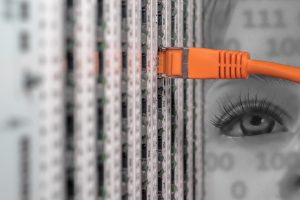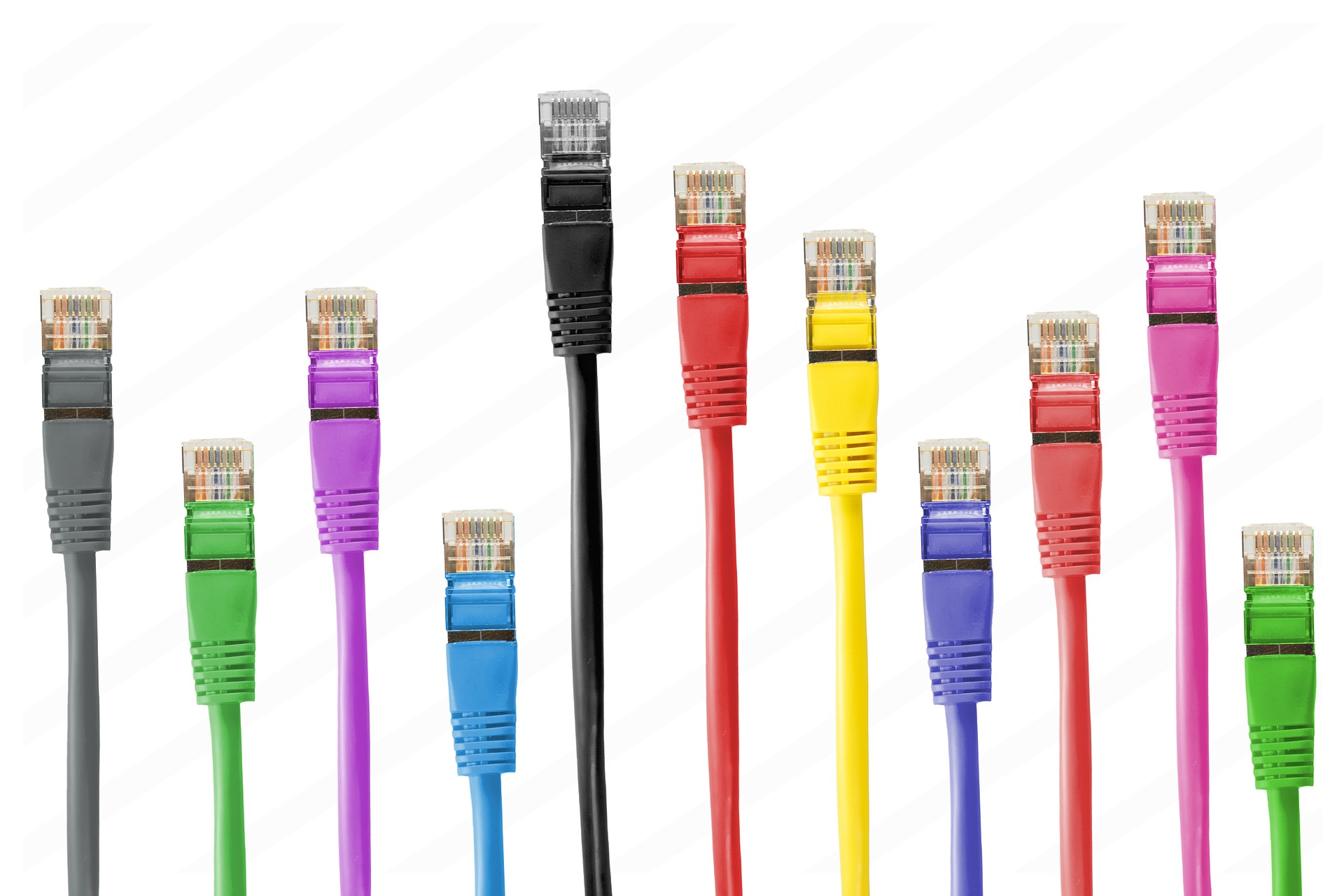The answer from the European Digital Progress Report (2016)
Europe’s Digital Progress Report (EDPR – DG CONNECT May 2016) presents a set of horizontal chapters analysing developments in five different aspects (connectivity, digital skills, use of Internet, Integration of Digital Technology by businesses, Digital Public Services) and of a set of country reports with country specific data.
 CONNECTIVITY
CONNECTIVITY
-
22% of EU home are connected with fast broadband (at least 30Mbps) – 7 times more than in 2010.
-
71% of homes are reached by fast broadband. However it mainly includes urban areas, as only the 28% of rural homes have fast broadband. Malta, Belgium, The Netherlands and Lithuania are the best with at least 95% coverage, while Greece, Italy and France are below 50%.
-
Mobile internet access increased significantly with 69% of households now having at least one member with a mobile internet access, a +21 points increase over 2014.
 HUMAN CAPITAL
HUMAN CAPITAL
-
76% of Europeans use internet regularly, only 16% have never gone online.
-
45% of people do not have still basic digital skills.
-
employment of ICT professionals has grown by over 4% a year over the past decade while ICT graduate numbers have fallen by 40%.
 USE OF INTERNET
USE OF INTERNET
-
Only the 16.7% of European companies sell online. Large companies are more active with 38% of them selling online. This indicates that the gap between SMEs and large companies’ use of eCommerce is increasing.
-
The percentage of European citizens ordering goods and services online has gradually increased to 53%. Amongst people who did not buy anything online within the last year, most said that they preferred to shop in person. The next most common reasons given were payment security concerns (27%) and trust concerns about receiving or returning goods, complaint/redress concerns (19%). 18% reported a lack of the necessary skills.
-
35% of European internet users don’t’ know cookies can be used to trace people’s online movements, although cookies are largely used by almost all web-services for different purposes.
 DIGITAL PUBLIC SERVICES
DIGITAL PUBLIC SERVICES
-
52% of citizens still prefer an offline interaction with public authorities to the digital word, but eGovernment services, on the contrary, are becoming increasingly sophisticated.
-
In the report there are good practices in different Member States: eID systems in Italy and Hungary; Open data portals in Austria; collaborative eGovernment in Belgium and Romania and cloud solutions for eGovernment in Slovakia.
 ICT RESEARCH AND DEVELOPMENT
ICT RESEARCH AND DEVELOPMENT
-
Horizon 2020 has allocated € 2.4 billion of Union funding to 850 projects in the field of ICT, attracting 3,312 organisations.
-
Germany and the United Kingdom are the biggest recipient of EU funding, but Greece and Slovenia are the countries with the highest funding in relation to the size of their ICT sector.
If you wan to know more about progresses by country click here.
